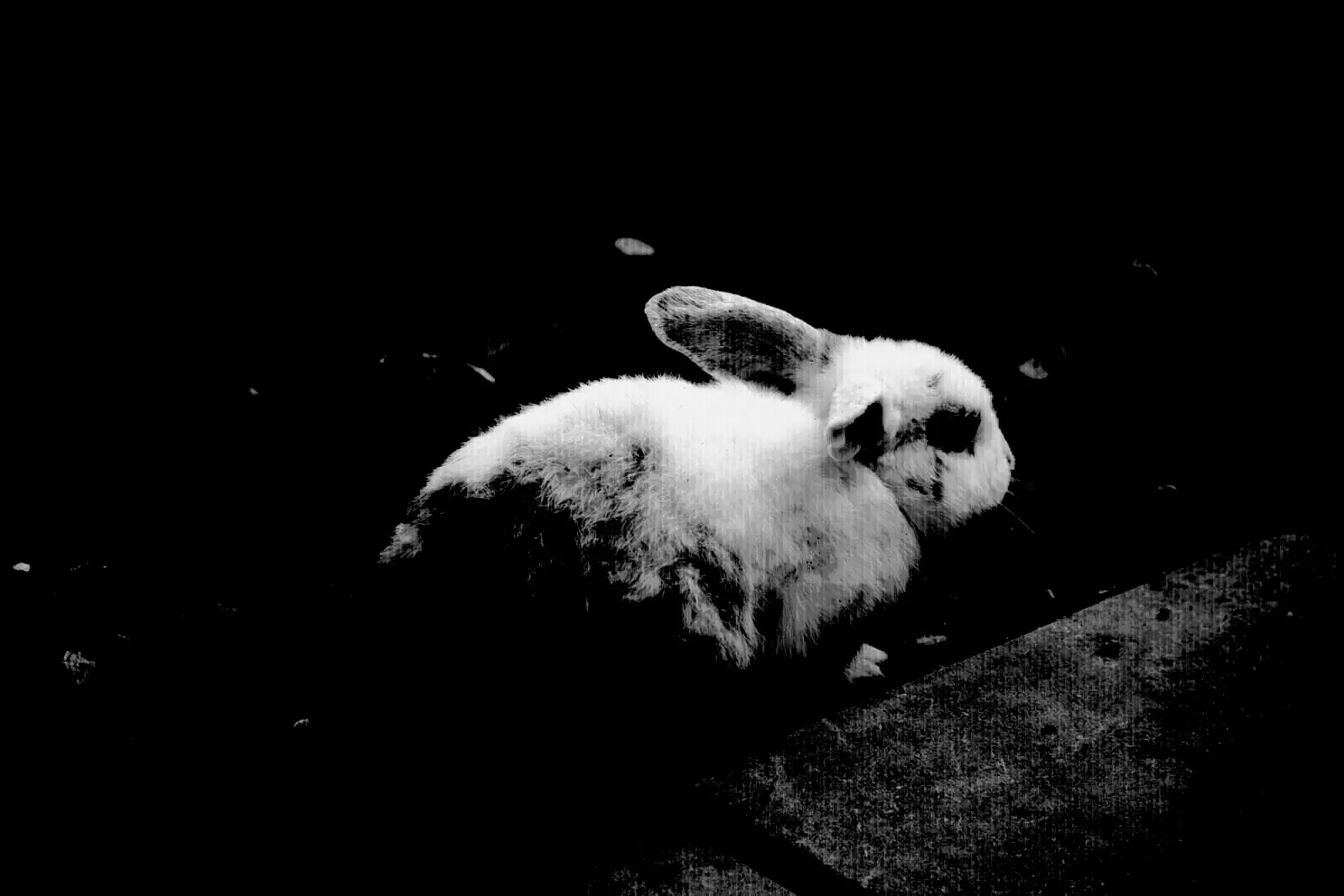Many hedgehog owners often express interest in knowing how often hedgehog cages should be cleaned. In this article, you will find information on how often the hedgehog cages (and the various items in them) should be cleaned.
How often should you clean a hedgehog cage? You should clean the entire hedgehog cage and everything in it at least once per week. In between, you should clean the wheel, food bowl and water bottle daily. You may then change the bedding in the cage at least twice per week.

You should ideally do the cleaning with soap, vinegar and water. During the general cleaning (which you do at least once per week), clean the cage itself, and all the items in it.
Then rinse thoroughly, to ensure that absolutely no traces of the soap remain. Thereafter dry the cage (and the items in it), then reintroduce the items and finally the hedgehog itself.
If you don’t clean the hedgehog cage frequently enough, it may start smelling. And pathogens may develop in it, potentially making your dear hedgehog ill.
That is why frequent and thorough hedgehog cage cleaning is so important.
How Often Should You Clean A Hedgehog Cage?
In terms of general cleaning, where you focus on cleaning hedgehog cage (the whole structure) and everything in it, this should be at least weekly.
You therefore need to ensure that you don’t go beyond 7 days without cleaning the whole cage, and everything in it.
But then again, that is just the minimum requirement. Hedgehog cage care depends on how messy the hedgie is. If it is a very messy hedgehog, you may need to do the cleaning more frequently.
Some hedgehog owners find themselves doing the general cleaning twice per week.
So in answering that question (on how often should you clean a hedgehog cage), what we give is the minimum requirement. And that is at least once per week.
In other words, that would be the answer to give to the question on how often do you have to clean a hedgehog’s cage. So it is the bare minimum, if at all you are a serious hedgehog parent.
In between, you will still need to do spot cleaning. This you can do daily, or at least every other day.
Earlier, in answering the question on how often should you clean a hedgehog cage, our focus was on the general cleaning. And that should be at least weekly.
But with regard to spot cleaning, that may be daily. Or at most after every two days.
How Often Should You Clean Hedgehog Food Bowl?
This question, on how often to clean hedgehog food bowl, is one that commonly comes up alongside the one on how often should you clean a hedgehog cage.
And the general guideline is that you should clean the hedgehog food bowl daily.
How Often Should You Clean Hedgehog Water Bottle?
Alongside the question on how often should you clean a hedgehog cage also usually comes this one: on how often to clean the hedgehog water bottle.
Again, ideally, you should clean the water bottle at least once per day.
That is important, because hedgehog poop often finds its way into the water. And if you don’t change the water and clean the water container daily, there can be great harm.
How Often Should You Clean Hedgehog Bedding?
This, in other words, is a question on how often should you change hedgehog bedding?
And how often to change hedgehog bedding depends on the specific bedding material you use. But ideally, it is something you should do at least twice per week.
You need to pay close attention to this particular aspect of hedgehog care and maintenance. It is very critical.

How Often Should You Clean Hedgehogs Wheel?
Ideally, the hedgehog wheel is something you should clean every day.
It often ends up with lots of hedgie poop on it: hence the need to clean it daily.
How Do You Clean A Hedgehogs Cage?
Immediately after the how often do you clean hedgehog cage question is likely to arise this one: on how exactly to go about the cleaning.
It is also a key question, which often comes up in discussions on how to keep a hedgehog clean.
So, indeed, how do you clean hedgehog enclosures (cages)?
How to clean hedgehog cage is quite easy. You first get the hedgehog out. Perhaps put it in a bin. Then you remove everything from the cage.
Thereafter, scrub the cage thoroughly, with a brush, soap, water and vinegar to disinfect. Then rinse the cage thoroughly, so that absolutely no trace of the soap remains.
After this, while the cage is drying, clean the various items you removed from it. Clean the food bowl and water bottle thoroughly. Clean the wheel and toys too. And get new bedding material.
You can then reintroduce the various items into the cage. Finally, reintroduce the hedgehog itself.
What Happens If You Don’t Clean Your Hedgehog Cage Often Enough?
At least a couple of things will happen, if you don’t clean your hedgehog cage often enough.
Firstly, the cage will almost certainly start smelling. The smell may then permeate your entire home.
Secondly, pathogens may develop in the cage: potentially making the hedgehog ill.
Final Verdict – How Often Should You Clean A Hedgehog Cage
In terms of general cleaning, where you clean the cage itself and everything in it, that should be at least once per week. It can be more frequent for messier hedgehogs.
In terms of spot cleaning, this should be daily or at least every other day.
The food bowl, water container and wheel deserve a daily cleaning. Bedding needs to be changed at least twice per week.

If you don’t clean the cage often enough, it may start to smell. And disease-causing pathogens may develop in it, with potential to make your hedgehog ill.
As a pet lover, make sure to learn about pet more and give your pet hedgehog a good and comfortable life!

Welcome to Learn About Pet. My name is Rajkumar Ravichandran and I love all pets, travel, and amazing food. I write about my passion and personal experience caring for multiple pets in this blog! ❤️
Post Disclaimer
DISCLAIMER: THIS BLOG OR WEBSITE, "Learn About Pet", DOES NOT PROVIDE YOU WITH MEDICAL ADVICE AND IS NOT A SUBSTITUTE FOR MEDICAL ADVICE. ALWAYS GET IN TOUCH WITH YOUR PERSONAL VETERINARIAN AND USE INFORMATION HERE AS GENERAL ADVICE.
The information, including but not limited to, text, graphics, images and other material contained on this website are for informational purposes only. No material on this site is intended to be a substitute for professional veterinary advice, food recommendation, diagnosis, or treatment. Always seek the advice of your veterinarian or other qualified health care provider with any questions you may have regarding a medical condition or for pet food related questions.







